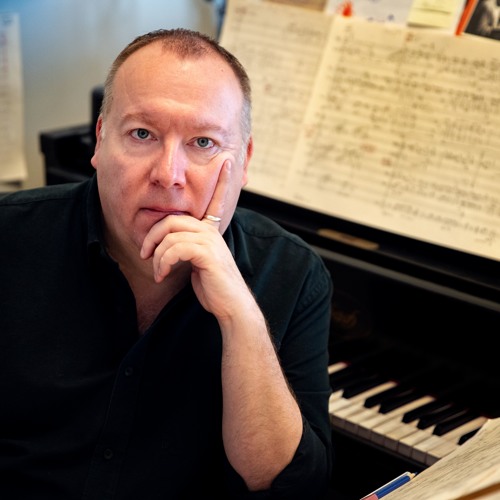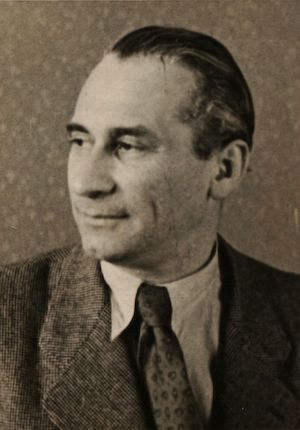by Jarrett Hoffman

•Today: Oberlin voice and organ students play music by Mendelssohn at Church of the Covenant
•Announcements: Keith Fitch receives a Guggenheim Fellowship, and the U.S. Department of Education announces a call for student performing artists
•Almanac: Czech conductor and Holocaust survivor Karel Ančerl
HAPPENING TODAY:
This week’s Tuesday Noon Organ Plus concert at Church of the Covenant is a collaboration with Oberlin Conservatory voice and organ students. The program is composed entirely of works by Felix Mendelssohn, including selections from the cantata Psalm 42 and from the oratorios St. Paul and Elijah — program details and livestream link here.
ANNOUNCEMENTS:
Keith Fitch, who heads up the composition department at the Cleveland Institute of Music, has been named a 2023 Guggenheim Fellow. And according to CIM’s Facebook page, he plans to use the award to write a piece for former CIM faculty guitarist Colin Davin — more specifically a chamber work based around instruments seen in the paintings of Picasso.
The U.S. Department of Education has announced a call for student performing artists who are (take a big breath) “currently enrolled in institutions of elementary, secondary, or post-secondary education or accredited trade schools, who exemplify resilience, diversity, and excellence and are interested in showcasing their talent, virtually or in-person, at internal and external Department-hosted events, as well as awards and recognition ceremonies, and professional development trainings that support the Department’s programs, priorities, and initiatives and social media campaigns.” Click here for more information.
TODAY’S ALMANAC:

Born on April 11, 1908 in what was then Czechoslovakia, Ančerl is best known for helping to create a distinctly Czech sound from the podium — whether at home with the Czech Philharmonic, where he spent eighteen years as artistic director, or abroad with the Toronto Symphony, which he led for several years until his passing in 1973. Click here to listen to a live recording of Ančerl and the Czech Philharmonic playing Bedrich Smetana’s Má vlast.
Alas, global conflict was a throughline in the life of Ančerl. World War II arrived during the early stages of his career, and a few years into the war, he and his family were imprisoned in the Theresienstadt concentration camp. They were then sent to Auschwitz (where he led the Terezín String Orchestra). He survived the camp; his wife and son did not.
Able to pick back up with his career, he became artistic director of the Czech Philharmonic in 1950. But with the Warsaw Pact invasion of Czechoslovakia in ‘68, he emigrated to Toronto. And in a way, all that darkness eventually caught up with him — five years later, the illnesses that brought about his passing were the result of his time as a prisoner.
And yet, his story is no doubt a triumphant one. Ryan Hugh Ross sums it up well in an article for the website Music and the Holocaust: “Despite Nazi persecution, incarceration, and the loss of his family…Ančerl forged an international career and helped lift the profile of Czech classical music globally.”



